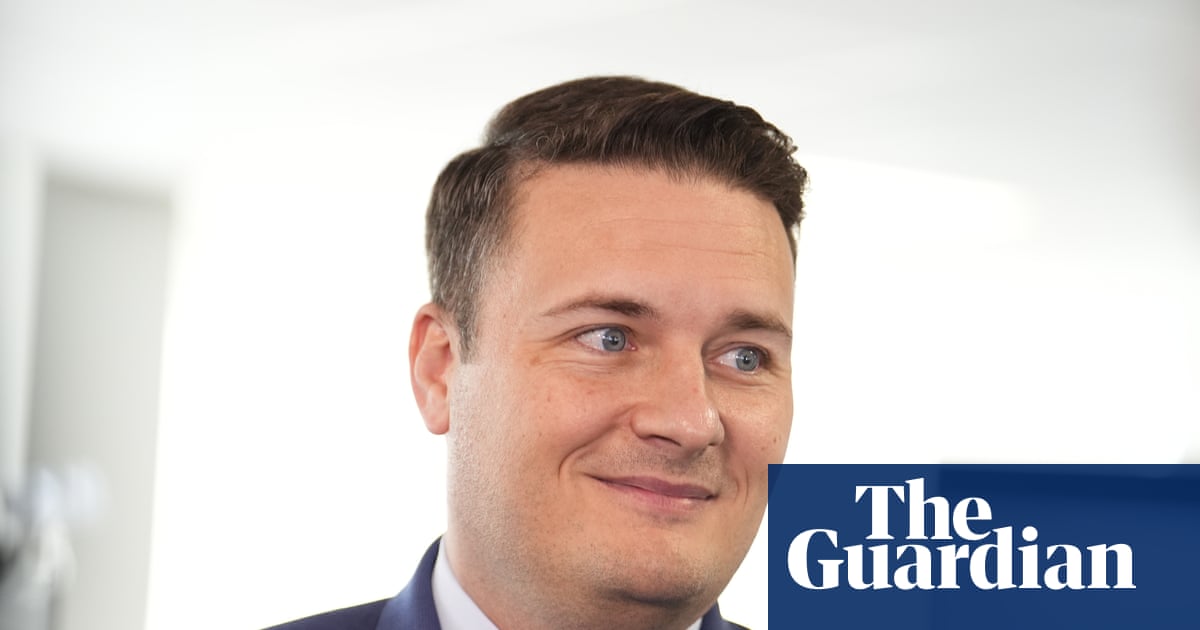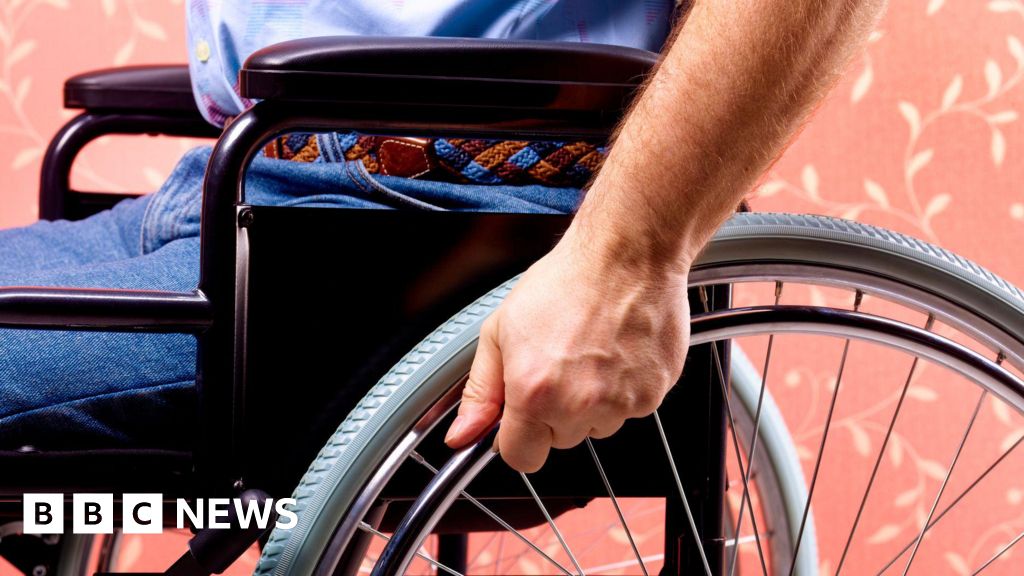In the early 1990s, Naomi Stadlen was attending an event at the Freud Museum in London, where her husband, Anthony, was a research fellow, and someone asked her what she did. “Nothing,” she replied, “I just bring up our children.”
Naomi had sold herself short, and she ruminated on this for a long time after the event. In 2004, she brought out her first book, What Mothers Do, Especially When It Looks Like Nothing, in direct reference to that original exchange and her answer. Subsequently described by Anne Karpf in a Guardian review as the “best parenting book you’ve never heard of”, the book became a bestseller, was translated into multiple languages and has been described, by many mothers over the years, as a life saver.
In a sea of books about training children that often set parents up for failure, Naomi wrote about listening and trusting both yourself as a mother and your child. She went on to write four more books: two about mothering, one about “grandmothering”, and A Grand Quarrel: Elizabeth Gaskell, Florence Nightingale and Mothers Today, which was published posthumously.
Naomi, who has died aged 82, was, as well as an author, an existential psychotherapist and a breastfeeding counsellor for La Leche League. Prior to all that, she worked as a social worker, occupational therapist and a book editor. But her most important role was probably as a mother. Naomi felt mothering was undervalued and under-praised; even the verb, she noted, was not much used and often replaced with the more catch-all term “parenting”.
She was born in London, to German Jewish refugees who had escaped the Gestapo. Some of her first memories were of air raids and her parents in their gas masks. When Naomi was two years old, and in the same week that her brother, Ben, was born, her father, Hans Jacoby, a graphologist (a scholar of handwriting), who was training to be a psychotherapist, died of a heart attack in the street. Naomi was alone with him until help came, an event that traumatised her.
Her mother, Marianne (nee Goldschmidt), also a graphologist, was left with two young children, 10 shillings and very little support. She did not remarry. “I didn’t have any experience of fathers,” Naomi said, “but when we [she and Anthony] had children I realised how desperately important fathers are.”
Marianne went on to train and practise as a Jungian analyst. She lived long enough to see Naomi’s first book published, although was dismissive of parts of it, saying: “Will it make me feel guilty?” When I first interviewed Naomi, in 2011, I asked her why she had wanted to write about mothers. “I come,” she said, “from a line of problematic mothers.”
After Town and Country school in Hampstead, and sixth form at the North London Collegiate school, Naomi studied European history at the University of Sussex. She trained as a psychoanalytic counsellor at Goldsmiths, University of London before becoming an existential therapist in private practice, working largely with mothers and couples. In the 60s she worked as an editor for Penguin and Hutchinson, and in 1968 she met Anthony Stadlen, a psychoanalyst and researcher, whom she later married and with whom she would have three children. She also taught and supervised doctoral psychotherapy students at the New School of Psychotherapy and Counselling in London, and taught trainee counsellors and psychotherapists at the University of North London and Birkbeck College.
In 1990 she accepted an invitation from Janet Balaskas of the Active Birth Centre in north London to start holding weekly meetings for mothers to talk about how their week had gone. This group became Mothers Talking, which provided rich fodder for her books and gave her an insight into what issues concerned mothers, as well as bringing immense comfort to its members. Mothers Talking continued for 35 years, without a break, even during the pandemic (when it transferred on to Zoom). The last meeting was held just a few weeks before Naomi died. Mothers talked of how kind Naomi was, how curious. “She wanted us to learn from one another,” one said, “she wanted us to feel safe, seen and held.”
The author and psychotherapist Philippa Perry credits Naomi with being a “huge influence on my work as a therapist,” and how she rang La Leche League’s helpline one day when she was having issues breastfeeding her daughter. “It was Naomi on the other end. I told her my baby was biting me while breastfeeding and Naomi said to give the baby 100% attention when feeding her. It’s true I had been reading magazines and books rather than staring into the eyes of my baby. I reverted to doing that and the biting stopped.”
Naomi believed babies were communicating with their mothers from the very beginning. In order to break family patterns, she wanted to “prove that you could bring up children in a trusting way, and they were worthy of that trust. Mothering is a real communication between two people.”
I once asked her if she’d succeeded in her own family. “I think so,” she said, “but let’s ask my daughter Rachel.” Unfortunately Rachel had gone out on that occasion, but years later I was able to ask her the same question. “I was always a real person to her,” she said, “with my own thoughts and ideas. She took me seriously and listened. If I was unhappy, she respected my feelings and addressed them, even when it put her in the most awkward social situations.”
I knew Naomi professionally and also, for a brief time, as my therapist.
Although she was deeply thoughtful, she could occasionally be quite shockingly emphatic and outspoken, more so than almost any other therapist I have worked with. Few could touch her for truly brilliant insights. When I saw her as a therapist she minced no words. There was none of that “well, what do you think?” or “let’s reframe that” – she sliced through my problems with surgical precision.
When I interviewed her once at her home, she asked if her husband could sit in on the interview (I was not the only journalist she asked this of), with a stack of books at her feet in case I asked her something she needed to look up. I told her I felt she often hid behind other people’s words, unnecessarily, when her own were so good. After she was diagnosed with cancer she decided to be more assertive and use her time left to make her voice heard.
Some of the things she said to me I carry with me every day. The most valuable – “the only correct response to new information is curiosity, anything else is about you” – was a genius way to describe projection. What Mothers Do has a chapter about how mothers are instantly (and I would add constantly) interruptible and rarely an hour passes when I don’t think of this.
Naomi is survived by Anthony and their children, Rachel, Shoël and Darrel, three grandchildren, Tovi, Anya and Antoshka, and two step-grandchildren, Lily and Florence.

 18 hours ago
3
18 hours ago
3










 English (US)
English (US)